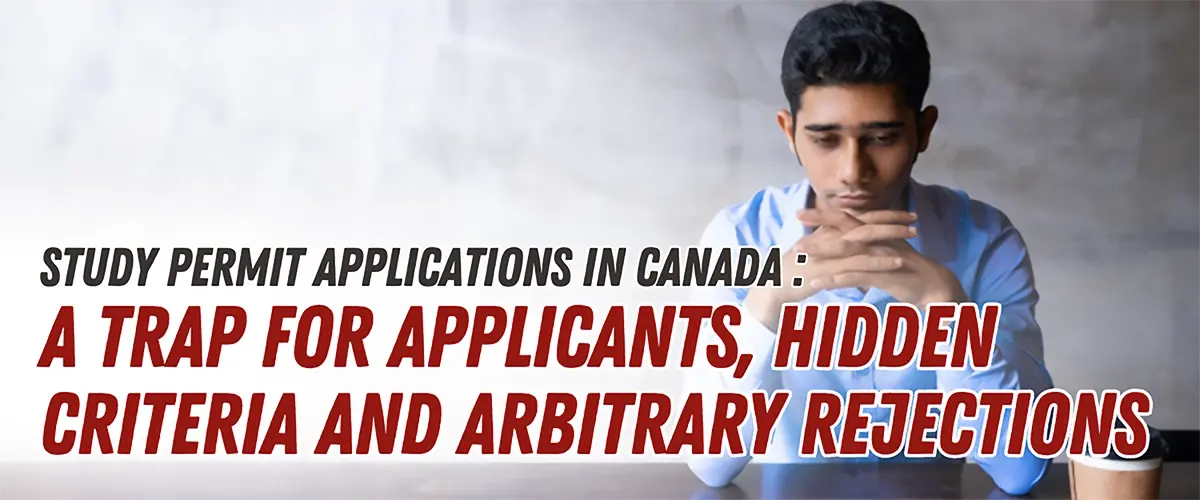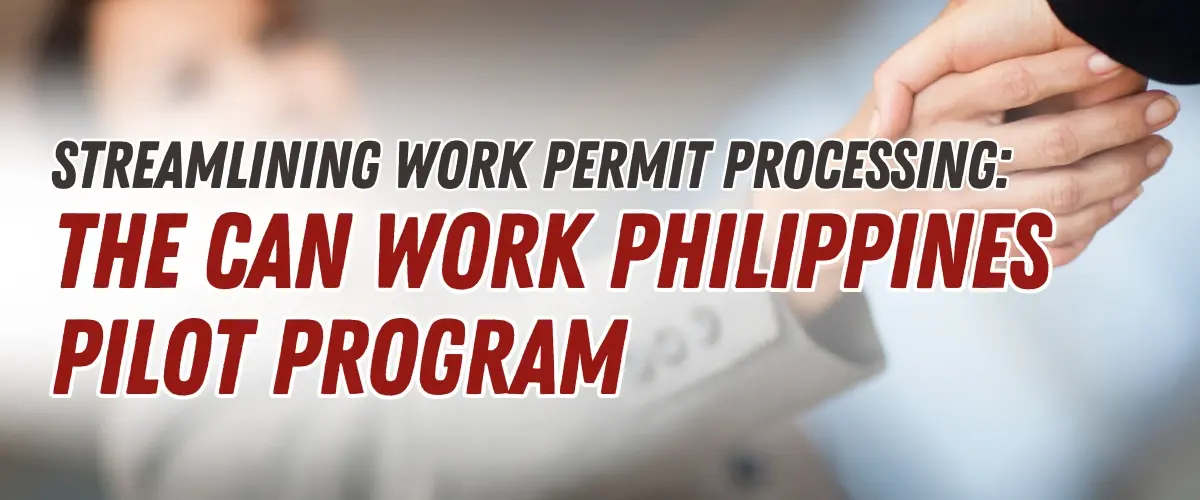
Related Post







Misrepresentation – Ban for 5 Years
1: to give a false or misleading representation of usually with an intent to deceive or be unfair
- misrepresented the facts
What does the Immigration Law say about Misrepresentation?
Quoting from IRPA/IRPR of the Immigration Law of Canada:
40 (1) A permanent resident or a foreign national is inadmissible for misrepresentation
(a) for directly or indirectly misrepresenting or withholding material facts relating to a relevant matter that induces or could induce an error in the administration of this Act;
(b) for being or having been sponsored by a person who is determined to be inadmissible for misrepresentation;
(c) on a final determination to vacate a decision to allow their claim for refugee protection or application for protection; or
(d) on ceasing to be a citizen under paragraph 10(1)(a) of the Citizenship Act, in the circumstances set out in subsection 10(2) of that Act.
What is the Penalty for misrepresentation?
(2) The following provisions govern subsection (1):
(a) the permanent resident or the foreign national continues to be inadmissible for misrepresentation for a period of five years following, in the case of a determination outside Canada, a final determination of inadmissibility under subsection (1) or, in the case of a determination in Canada, the date the removal order is enforced; and
(b) paragraph (1)(b) does not apply unless the Minister is satisfied that the facts of the case justify the inadmissibility.
Read the following scenarios which are possible examples that can be considered as misrepresentation.
These may likely make you inadmissible for Canada visa/PR, unless resolved, misrepresentation would keep you out of Canada for five years.
An applicant fails to disclose that they recently applied for a visa to Canada.
Ghost Consultant or unauthorized representative of the applicant incorrectly submits an application with errors or details that may be considered as untrue or fraudulent. Though a consultant was involved however in this case use of unauthorised representative does not absolve them of the outcome of this misrepresentation.
An applicant fails to disclose a criminal record, even if it is eventually established that they are not inadmissible under the criminality provisions (either due to lack of equivalency or because of the deemed rehabilitated class, for example).
An applicant for a visa fails to disclose the existence of family members, even if the family members could satisfy the requirements of the Act [R117(9)(d)].
An applicant fails to disclose that they were previously issued a removal order in Canada, even if they would not require consent to return.
An application includes a nephew in their application and lists this person as a son.
An applicant misrepresents the age of a family member who could otherwise not be included in the application.
A skilled worker applicant submits a false education certificate in an effort to meet selection criteria that they would not otherwise meet.
Failure to disclose changes in marital status or changes in material facts since visa issuance abroad [R51].
The following situations would not generally constitute misrepresentation
Mistakes or misunderstandings:
An applicant who indicates the current year as their year of birth; or reverses the date and month of birth on an application form.
An applicant who indicates being single, when in fact they are widowed.
An applicant who fails to disclose being denied entry into Canada when attempting to enter from the United States for an afternoon five years ago. The applicant explains that because “withdrawal” was effected, the notion of having been denied entry into Canada was not properly understood (that is, the applicant did not believe entry into Canada had been denied because the option of withdrawal or “Allowed to Leave” was offered and exercised) and the applicant, in the officer’s opinion, is credible.
Other cases where a person answers truthfully at an interview without hesitation and it is reasonable to believe that the person did not understand the question on the application form or forgot the relevant information at that time.
Ignorance of rules or procedures cannot be claimed as a reason for mistakes or misrepresentation and they may certainly not be accepted.
